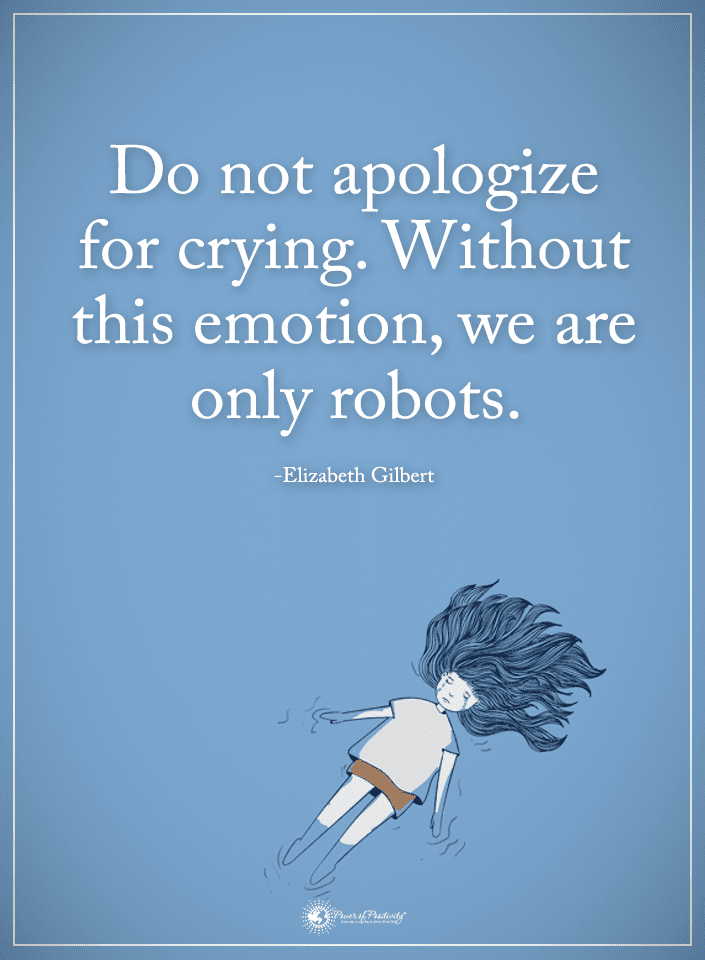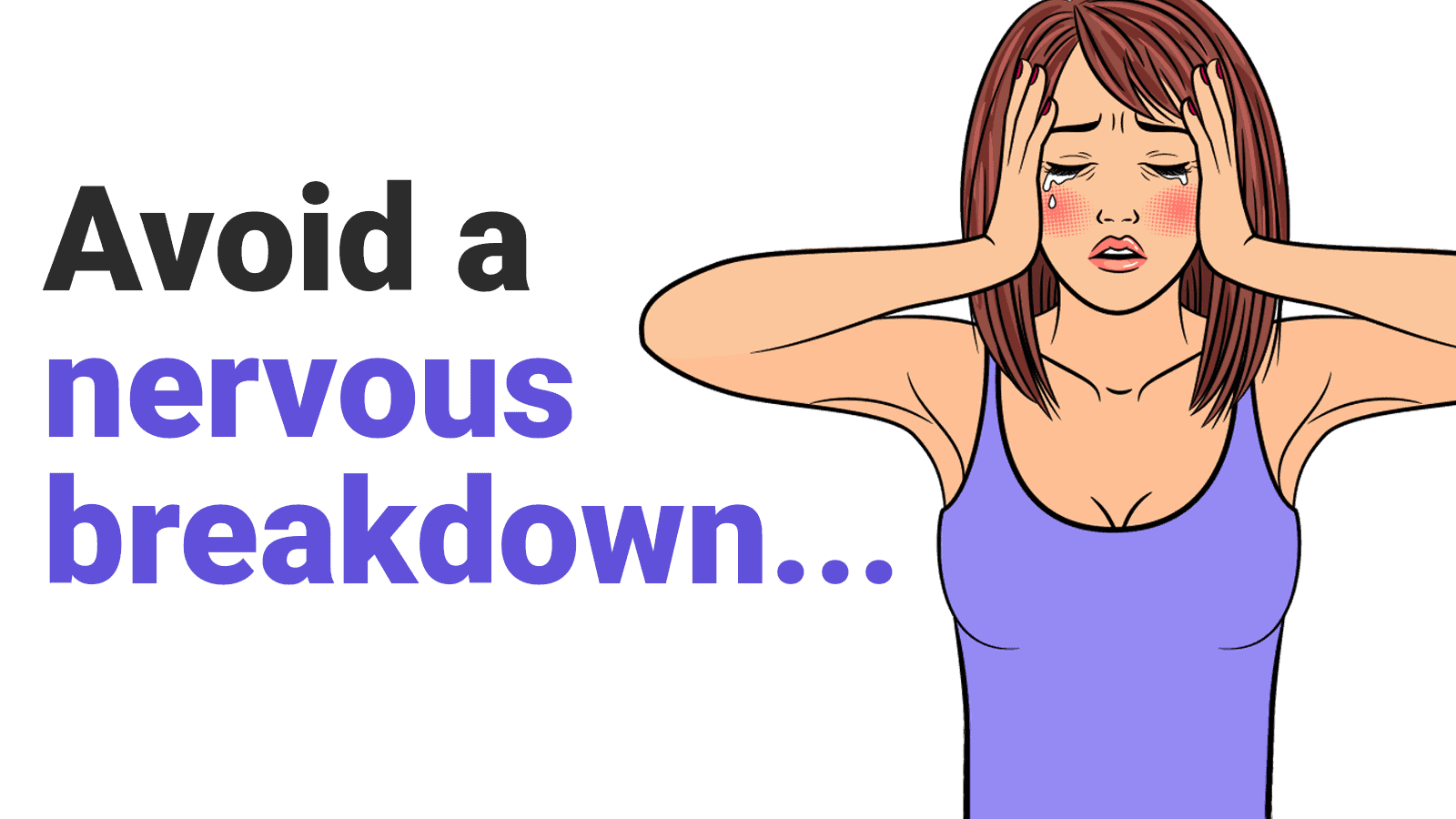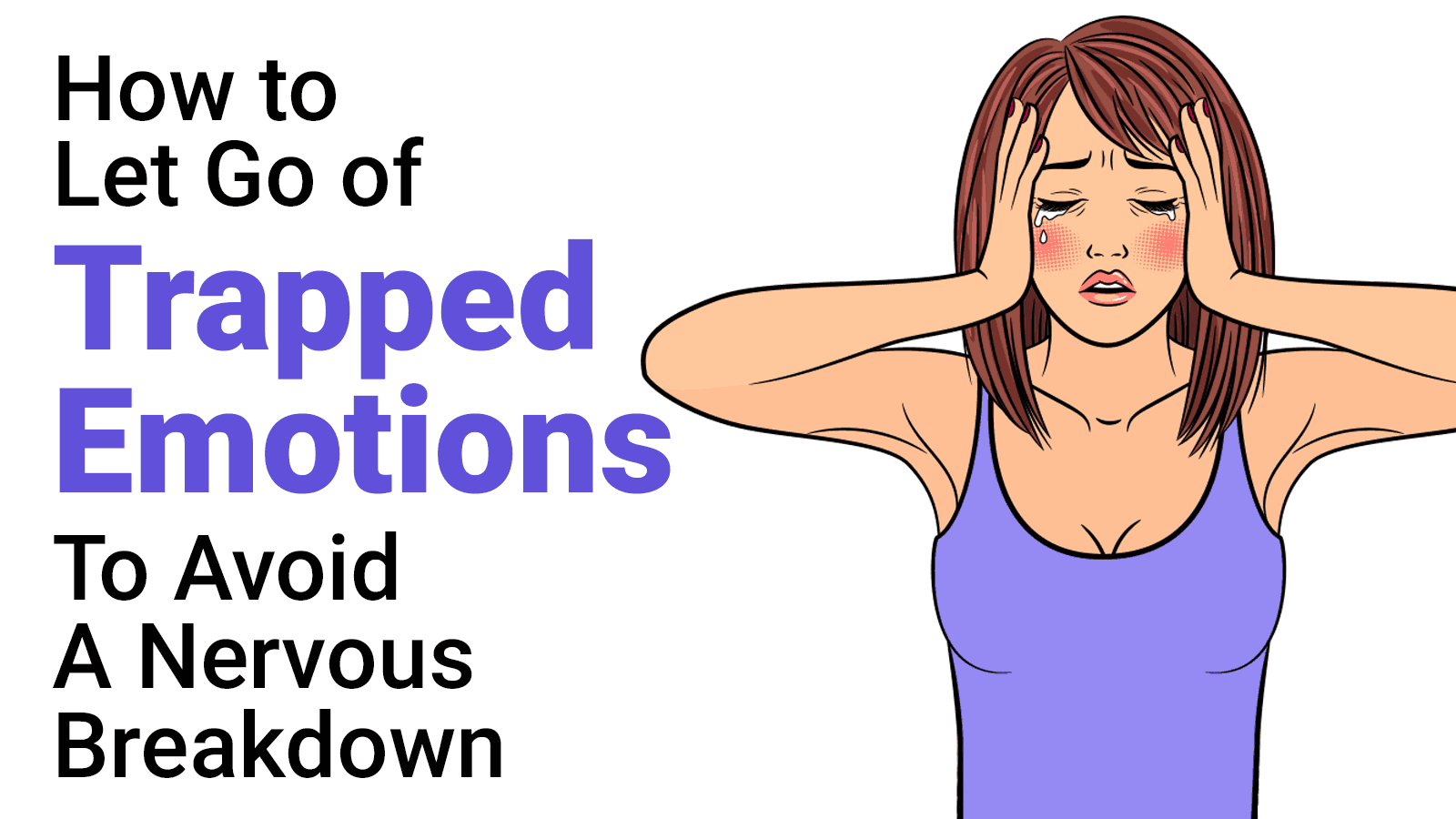Emotions are an essential part of life as a human being. Sometimes, our emotions get caught up inside of our heads. There are many different reasons for us to develop trapped emotions. High-stress situations can cause people to shut down certain emotions such as fear, pain, sadness, and even trauma. But research has shown that shutting down emotions isn’t a healthy coping mechanism. People need to be able to feel their emotions in a healthy way.
When emotions get trapped, try these steps to help you release negative feelings without the fear of suffering an emotional meltdown.
Here Are 4 Ways to Release Trapped Emotions without Having a Breakdown
1. Define what you are feeling
The first step to releasing any emotion is to first identify what it is that you’re feeling. This can be particularly difficult if the emotion is stuck, or it has been buried for a long time. Taking some time alone to think about what you’re feeling can be invaluable to anyone having trouble identifying emotions. Journaling can be a great way to get inside your own head as well. Talking with a friend, family member, or therapist can also help identify what you’re feeling. A sounding board might be all you need to identify the emotion that you’re keeping locked away inside.
Once you know what you’re feeling, then you can move ahead with releasing your emotions. Don’t try to force yourself to identify a feeling. Just allow yourself to think about it, and the feeling will come about organically.
2. Let yourself cry
When emotions get trapped inside of us, a natural way to let them out is crying. In fact, crying is one of the most cathartic things you can do when it comes to releasing emotions. Whether the emotion is stress, sadness, or grief, crying really can help.
Of course, you want to make sure that you have an appropriate place to cry. Find a quiet place where you won’t be disturbed if you would rather cry alone. Having a comfort object, like a blanket or favorite pillow, can help soothe you once you begin to cry. Once you feel like you’ve released those pent-up emotions and finished your cry, wash your face with warm water and take a moment to comfort yourself in whatever way you need.
3. Find a quiet place to meditate
In order to release trapped emotions, you need to be able to understand what you’re feeling in the first place. If you’re having trouble releasing your trapped emotions, try taking some time to really get to know what you’re feeling. Meditation is a great mindfulness technique to help you feel your emotions. According to the EOC Institute, meditation is an amazing tool for dealing with stress and anxiety.
When most people think of meditation, they think of new-age hippies closing their eyes and crossing their legs. While some people find this position comfortable, meditation can be performed in any position you like. You can lie in bed, recline on the couch, or sink down in a warm bubble bath.
4. Move your body and exercise
You might be surprised to learn that moving your body can help release trapped emotions. You don’t have to exercise regularly (although regular exercise is not a bad idea). However, if you feel like there are emotions stuck inside of you that need to be released, don’t be afraid to stretch and move. Dance, hit the gym, go for a jog, or find a 15-minute exercise routine on YouTube. The important thing is that you’re getting your blood flowing.
Exercise naturally releases and decreases negative emotions like anger, stress, and anxiety. The Anxiety and Depression Association of America lists exercise as one of the best ways to manage stress. The next time your emotions are feeling trapped, try getting active to help release those pent-up feelings.
Final thoughts
All of these suggestions should help anyone release negative emotions that are stuck inside. Releasing trapped emotions can be difficult, and you might fear that releasing these emotions will lead to a breakdown. Thankfully, these healthy, positive ways will help you release negative feelings without having them boil over. Don’t be afraid to talk to a therapist or counselor, who can often help you navigate your emotions. The key is finding ways to control the release of your emotions, and not let them go all at once.
https://youtu.be/FnJLrAQrzjw


















